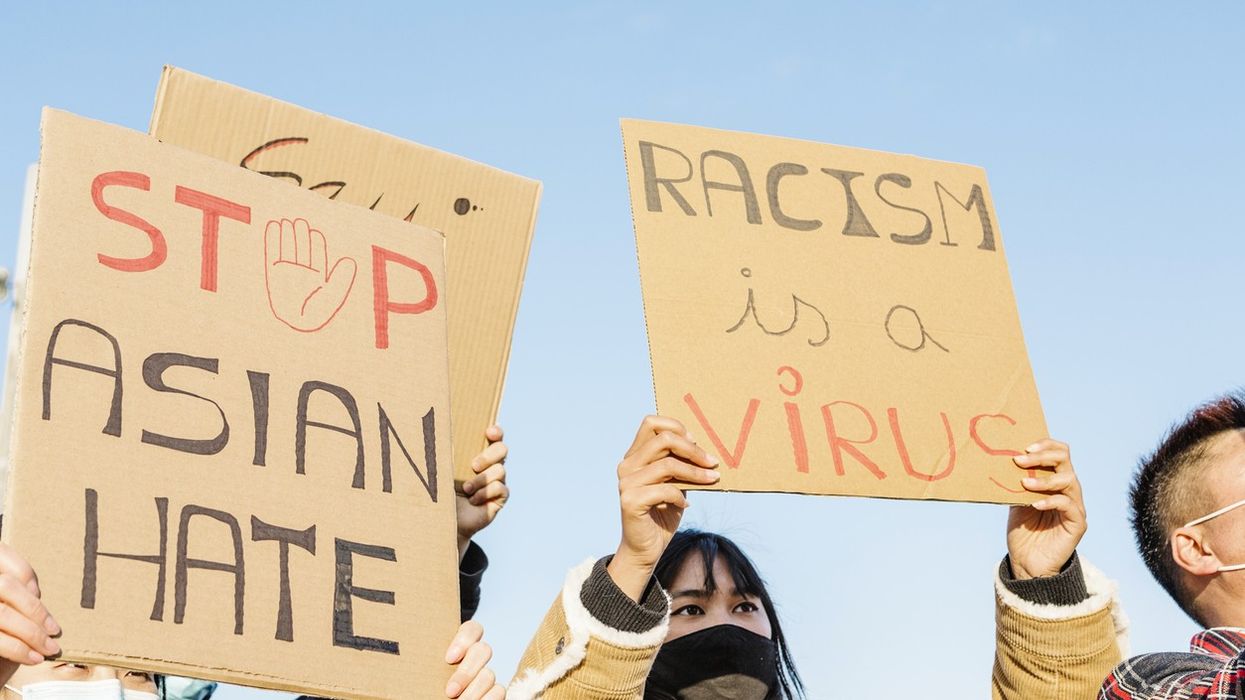A new research has revealed that two in five black and minority ethnic workers have faced racism at work in the last five years. More than half of minority workers aged 25 to 34 years, and nearly 3 in 5 of those aged between 18 and 24 years faced racist behaviour during the period.
The Trades Union Congress (TUC) report published on Wednesday (31) added that four in five of these workers never reported it for fear of it not being taken seriously or having a negative impact on their work life.
In the wake of the report, the trade union body has urged the government to introduce a new duty on employers to stop racism in the workplace.
The study carried out by Number Cruncher Politics for the TUC's Anti-Racism Taskforce has stated that more than one in four black and minority ethnic workers experienced racist jokes or “banter” at work in the last five years.
As many as 26 per cent of the workers said that they were made to feel uncomfortable at work due to people using stereotypes or commenting on their appearance. Respondents also said that racist remarks were directed at them or made in their presence and were also bullied or harassed at work.
Many (38 per cent) were harassed by their colleagues, direct manager or someone with direct authority. 17 per cent experienced racist behaviour from a customer, client or patient.
According to the report, more than 2 in 5 (44 per cent) of the workers didn’t report the incident, and 1 in 4 told the TUC that they were worried about the impact on their working relationship with colleagues.
Nearly half (48 per cent) were not satisfied with how it was handled when they reported the incident, and around 1 in 14 said reporting the racist incident made their treatment at work worse.
TUC General Secretary Frances O’Grady said: “This report lifts the lid on racism in UK workplaces. It shines a light on the enormous scale of structural and institutional discrimination BME workers face. Many told us they experienced racist bullying, harassment – and worse. And alarmingly, the vast majority did not report this to their employer.
"Others said ‘hidden’ institutional racism affected their day-to-day working life, from not getting training and promotion opportunities, to being given less popular shifts and holidays. It’s disgraceful that in 2022 racism still determines who gets hired, trained, promoted – and who gets demoted and dismissed."
O’Grady added that ministers need to change the law so that employers are responsible for protecting their workers and preventing racism at work.
“Employers must be clear they have a zero-tolerance policy towards racism – and that they will support all staff who raise concerns about racism or who are subjected to racial abuse," she pointed out.
The study said that one in 13 workers left their jobs due to racism in the past five years and 35 per cent said that racism left them feeling less confident at work. Many said that they were embarrassed or had a negative impact on their mental health following a racist incident at work.
Around 26 per cent of the workers wanted to leave job after they experienced racism but financial or other factors made it impossible to do so.
According to workers, the various forms of institutional racism are, unfair performance assessment, unfairly disciplined at work, excessive surveillance or scrutiny and were denial of promotions.
The TUC study said that 12 per cent of black and minority ethnic workers were given harder or less popular work tasks than white colleagues, and many had their requests for training and development opportunities turned down.
NASUWT General Secretary and chair of the TUC’s anti-racism taskforce Patrick Roach said: “This report delivers further damning evidence of a labour market that is unequal, unfair and highly discriminatory. Despite 50 years of legislation to outlaw race discrimination at work, the situation facing Black workers today appears to be going from bad to worse.
“We want to see urgent action from the government to create a level playing field for all workers, backed up with stronger workplace rights and robust enforcement measures. And a positive statutory duty on all employers to identify and root out racial disparities at work.”
The TUC has urged the government to work with trade unions and employers to ensure that employers have a duty to take action to prevent racism at work, improve workers’ rights, ensure that there are swift and effective penalties when workers experience racism and to introduce mandatory ethnicity pay gap reporting.





